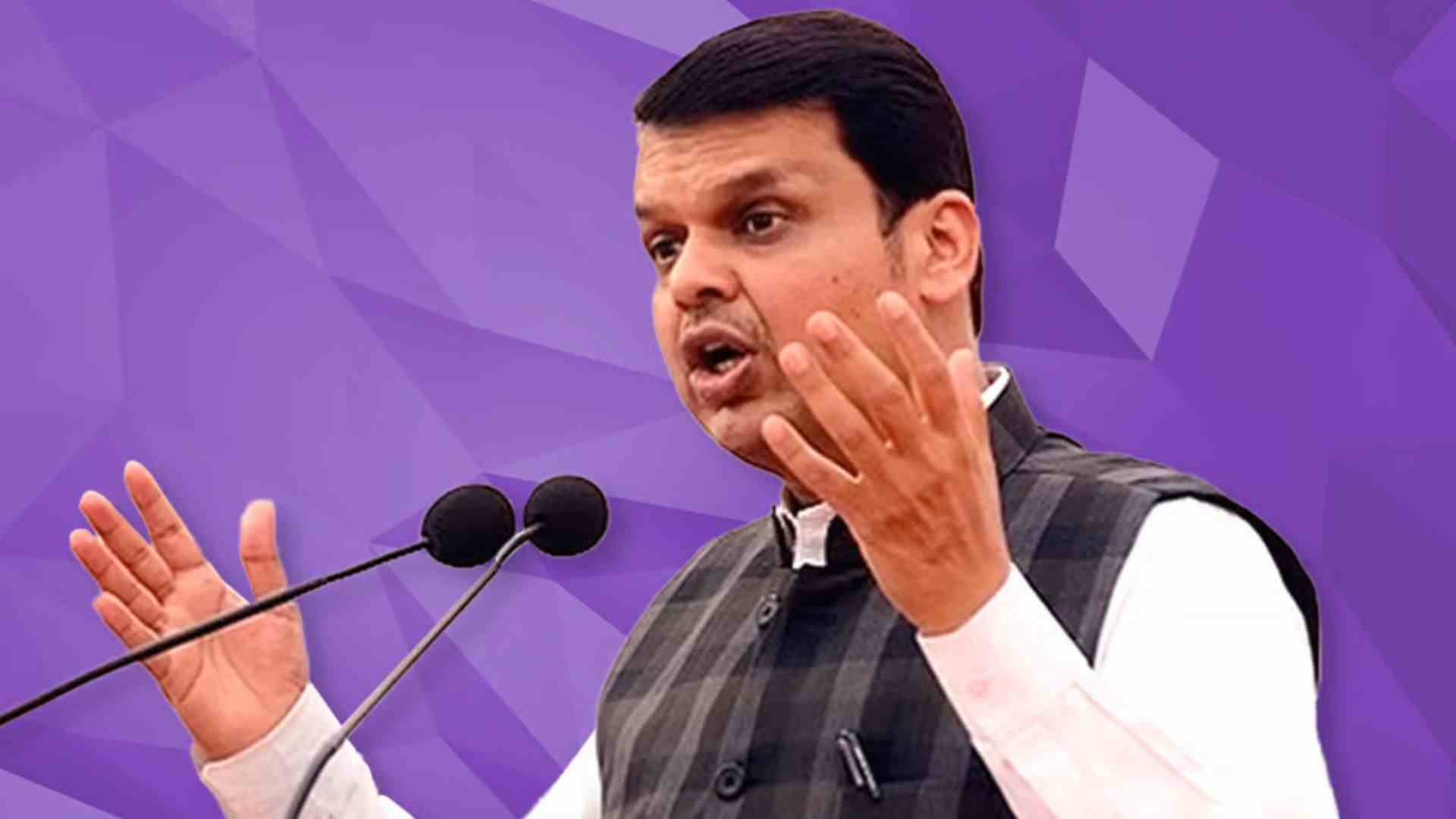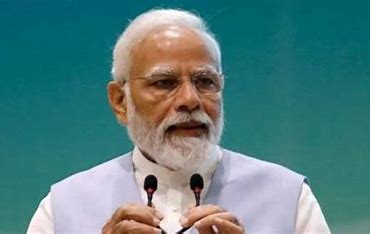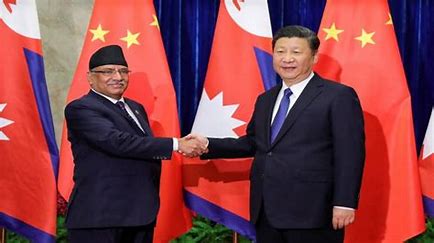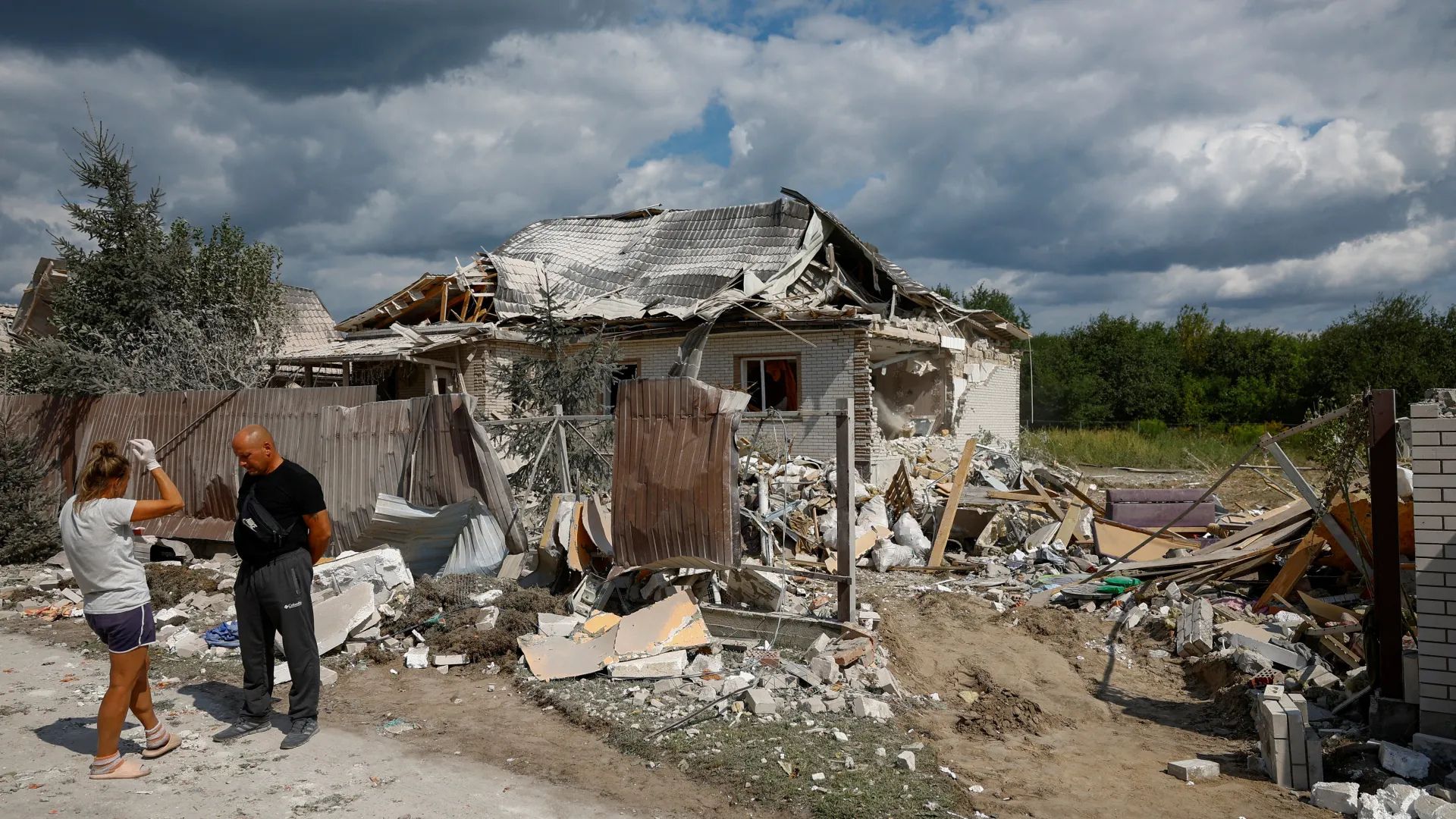
Maharashtra’s Deputy Chief Minister, Devendra Fadnavis, recently filed his nomination for the state assembly elections, with his achievements in advancing economic and social development shining as key highlights. As he gears up for the November polls, his efforts to fast-track vital infrastructure projects across Mumbai come to the forefront.
Among his primary contributions, Fadnavis played an instrumental role in accelerating numerous projects, including metro lines, road expansions, redevelopment initiatives, and others. His leadership helped overcome long-standing challenges and bureaucratic delays, ultimately allowing Mumbai to witness multiple upgrades simultaneously. Strong political resolve and effective governance have been fundamental to these transformations.
Over the years, these infrastructure projects faced significant setbacks due to political and administrative gridlocks, leaving Mumbai’s growth stalled. Many of these delays occurred during the Maha Vikas Aghadi (MVA) administration, and Fadnavis’ return to office marked a positive shift in momentum for these stalled developments.
During his tenure as Chief Minister from 2014 to 2019 and now as Deputy Chief Minister, Fadnavis has actively driven Mumbai’s infrastructure forward, with several transformative projects in the works aimed at reshaping the city’s urban landscape.
Fadnavis introduced a ‘war room’ approach in 2015, designed to prioritize and fast-track major infrastructure projects affecting Mumbai’s residents. The war room tackled inefficiencies, ensuring critical projects weren’t delayed by departmental red tape. Key infrastructure targets included projects like the coastal road, Navi Mumbai airport, Mumbai Metro lines, and the Mumbai Trans-Harbour Link (MTHL). His strategic focus led to substantial progress in these areas.
Fadnavis also engaged Japan International Cooperation Agency (JICA) to secure funds for projects integral to Mumbai’s growth, reaffirming his commitment to timely project completion. JICA, which provides global developmental aid, has been a major contributor to India’s infrastructure through financial and technical support. Fadnavis’ collaboration with JICA highlights his initiative to foster sustainable growth and increase foreign investment, evidenced by the establishment of a Japanese Industrial Park to attract technology and business from Japan.
Among Fadnavis’ notable initiatives, the MTHL project stands out, supported by JICA funding of Rs 8,800 crore of its Rs 17,843 crore total cost. The 21.8-km elevated road, including a 16.11-km sea-link, connects Sewri in South Mumbai to Chile in Navi Mumbai. Initially proposed in 1963, the project faced decades of delays, multiple stalled tenders, and political discord across 15 administrations before finally gaining traction under Fadnavis’ leadership. “According to Ashish Chandorkar’s book The Fadnavis Years, the idea of linking Sewri on Mumbai’s eastern shore with Uran on the mainland near Nhava Sheva port was first proposed by Wilbur Smith and Associates in 1963.”
Fadnavis revived this essential project in 2015, obtaining clearances and JICA funding. The MTHL project, launched in January 2024, is now set to bridge Mumbai with Navi Mumbai, representing a significant advancement in regional connectivity.
Fadnavis also tackled issues that had previously delayed the Mumbai Metro Line 3, especially concerning land acquisition and approvals. This ambitious 33.7 km underground route, supported by Rs 21,000 crore in JICA loans, will improve connectivity from southern Mumbai to critical activity hubs like Bandra Kurla Complex and the airport. Despite controversies, especially over the metro depot’s location in Aarey forest, the project was restored and resumed under Fadnavis’ direction.
Similarly, the Mumbai-Ahmedabad High-Speed Rail Project benefited from Fadnavis’ push to expedite land acquisition processes in Maharashtra. This first-of-its-kind corridor, with Rs 88,000 crore funded by JICA, faced initial resistance from landowners and political opposition. However, under Fadnavis’ administration, most land requirements were secured, facilitating progress on the high-speed train connecting Mumbai and Ahmedabad.
The administration navigated numerous land acquisition issues that posed challenges, especially with local opposition in districts like Palghar and Thane. By fostering local dialogue and providing transparent compensation, Fadnavis was able to advance the acquisition process significantly. His efforts extended to resolving hurdles related to the underground BKC terminal, coordinating with the MMRDA for necessary permissions, and aligning the design with the area’s infrastructure.
Additionally, a dedicated cell for expedited approvals further streamlined processes, especially concerning environmental and forest clearances essential to the high-speed rail project. This cell acted as a single-window system, reducing bureaucratic bottlenecks that had previously slowed progress.
Fadnavis’ recent visit to Japan garnered support for the Versova-Virar Sea Link Project, set to connect Versova to the residential hub of Virar. This 43-km road link, alongside an additional 60 km of suburban roads, aims to reduce traffic congestion and spur economic development. Scheduled for completion by December 2026, this initiative aligns with his strategy to improve regional connectivity.
Beyond transportation, over Rs 4,500 crore has been designated to enhance Mumbai’s water supply and sewage systems with JICA’s support, addressing critical infrastructure needs within the growing metropolis.
Through these efforts, Fadnavis has cemented his reputation as a leader committed to Mumbai’s infrastructure and economic growth. With multiple large-scale projects now underway or nearing completion, his role in propelling Maharashtra’s development stands as a testament to the power of political will and smart governance.















